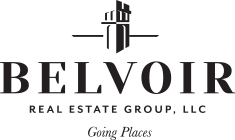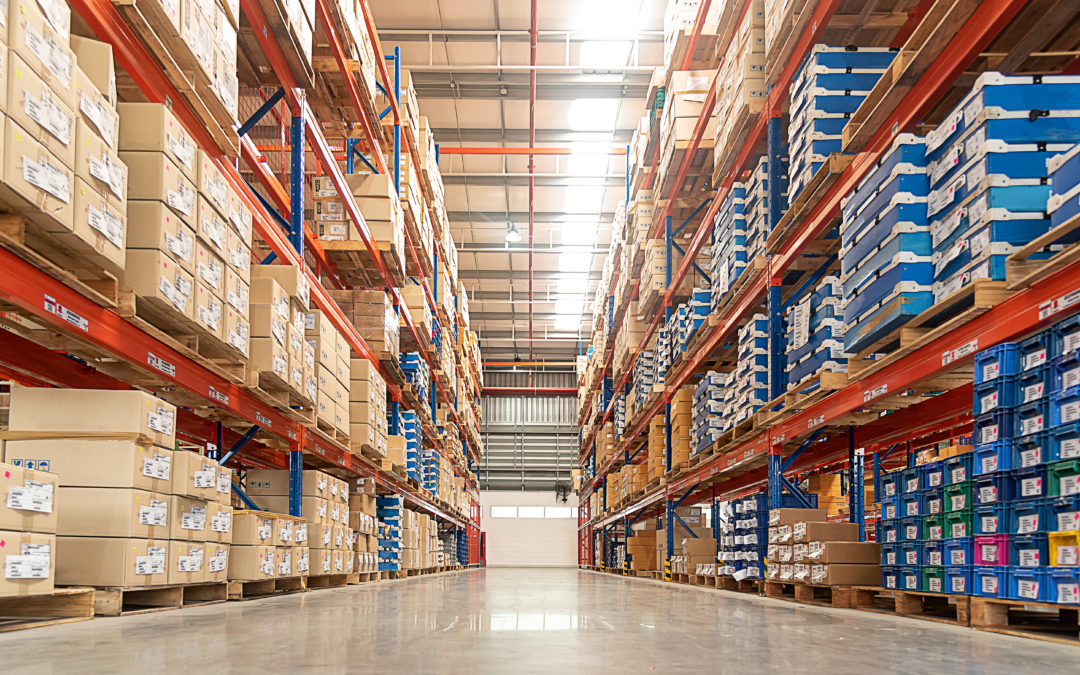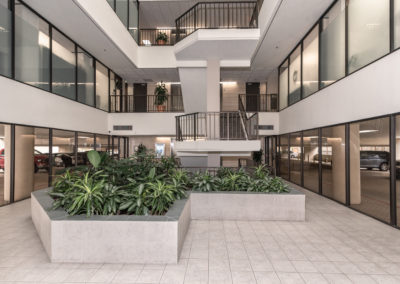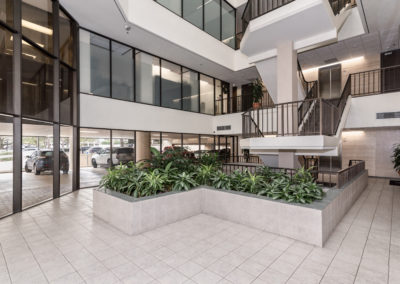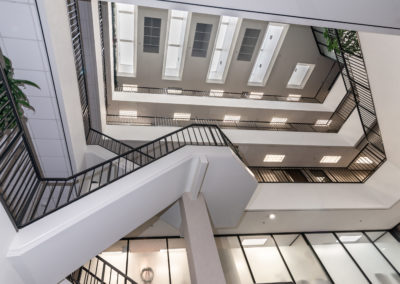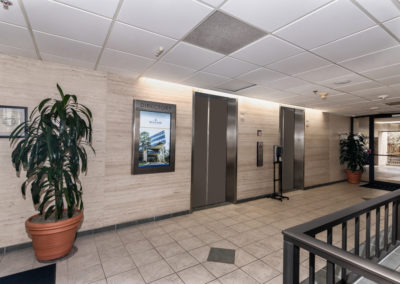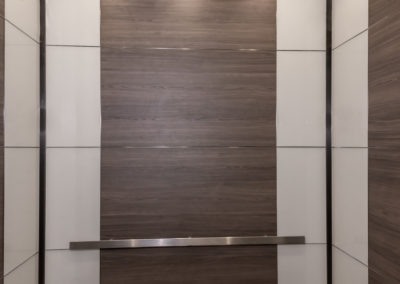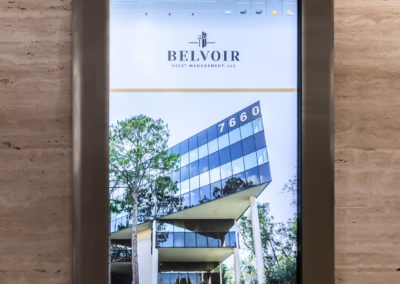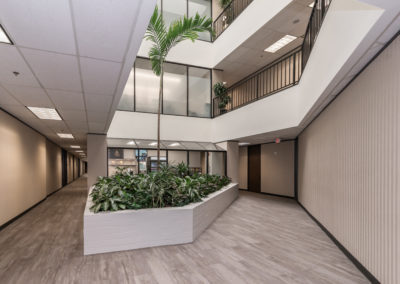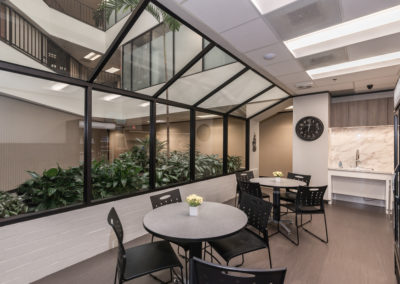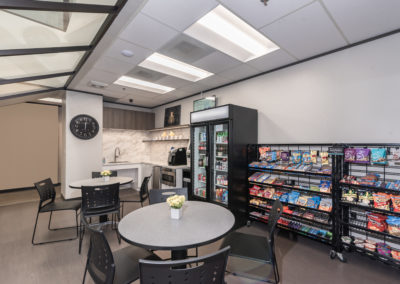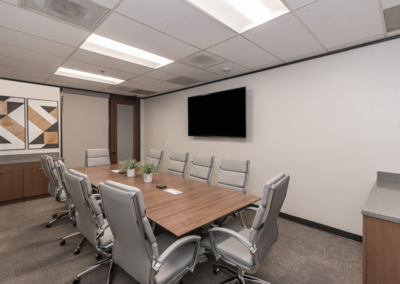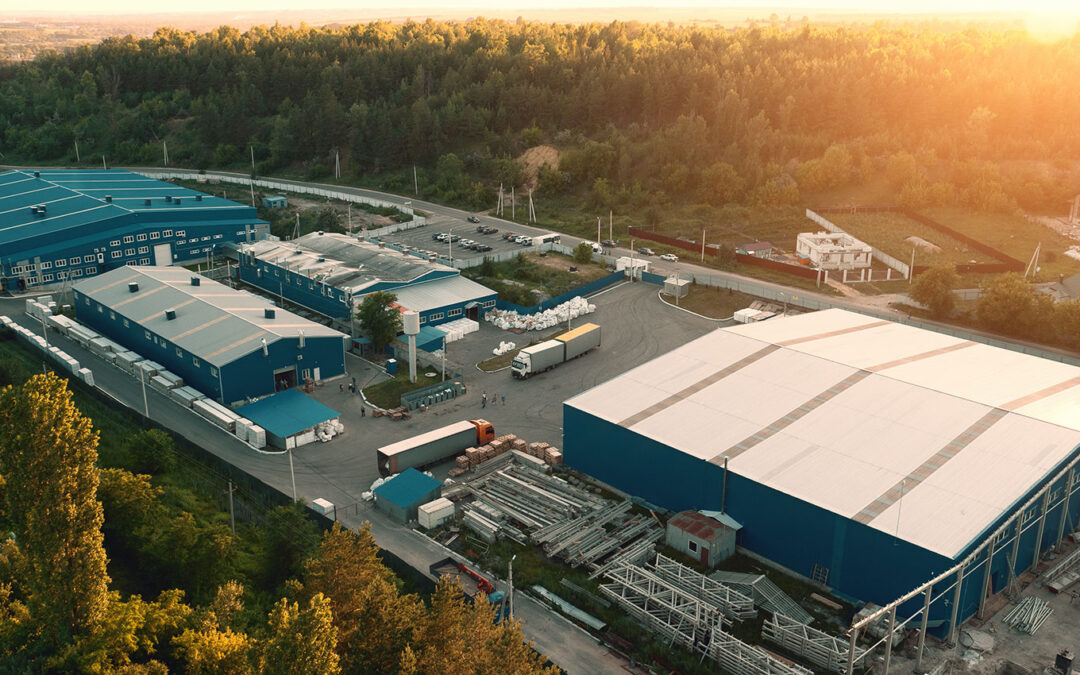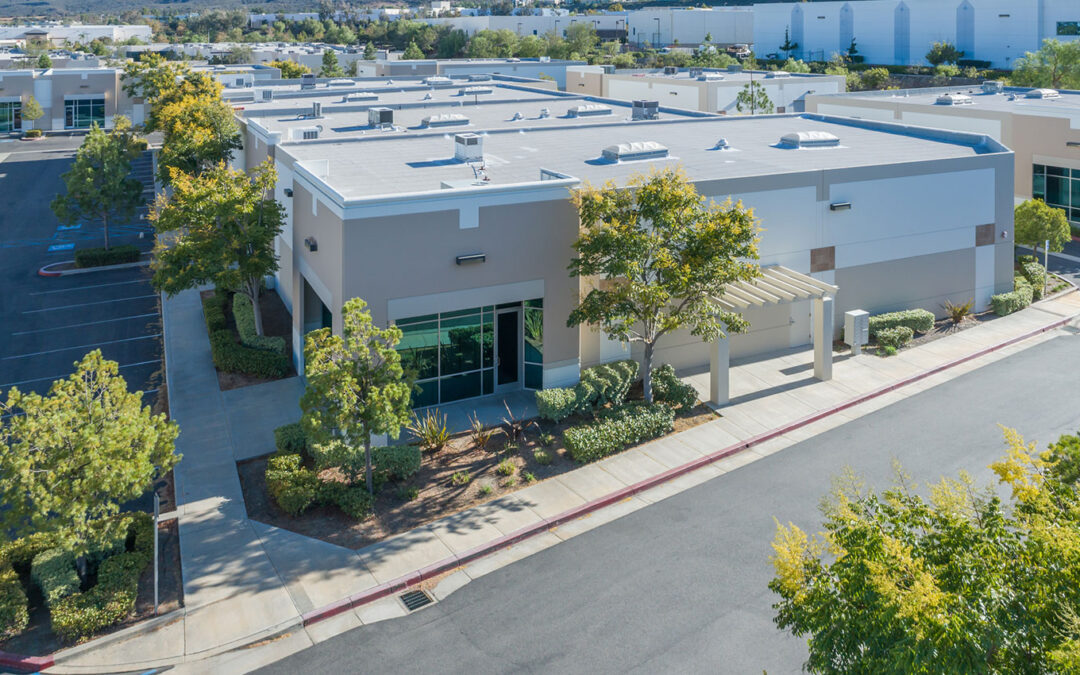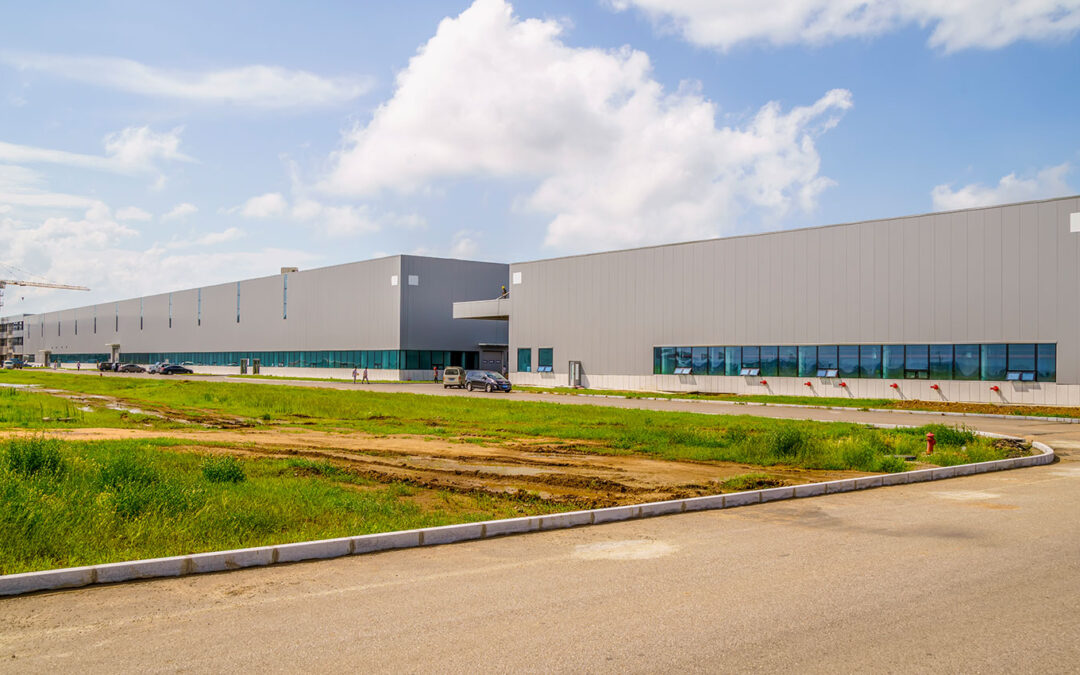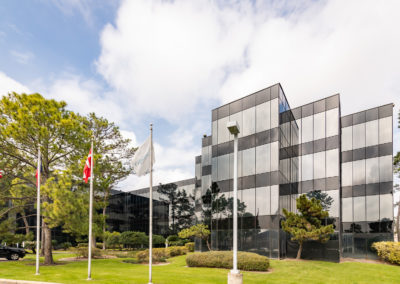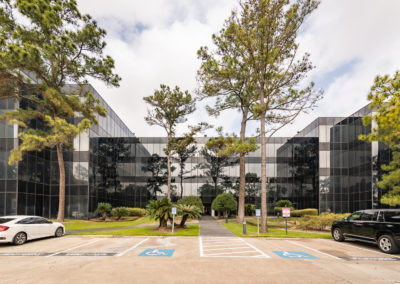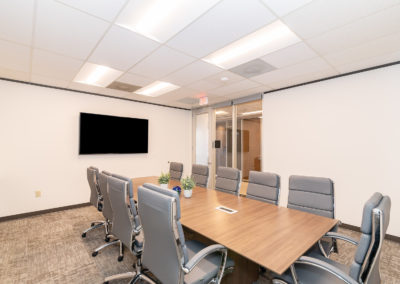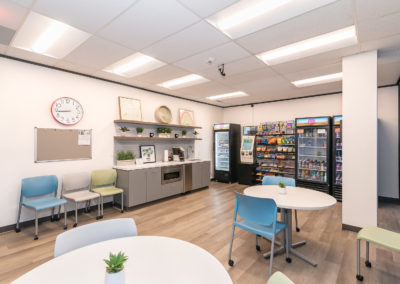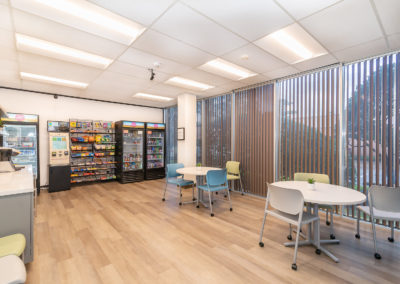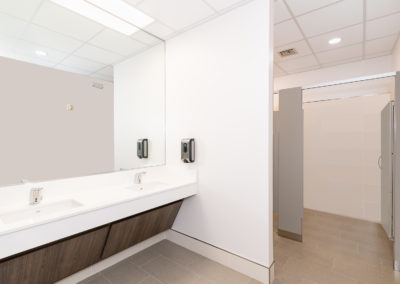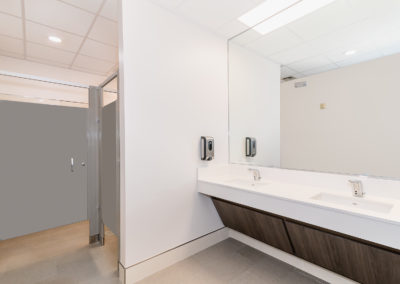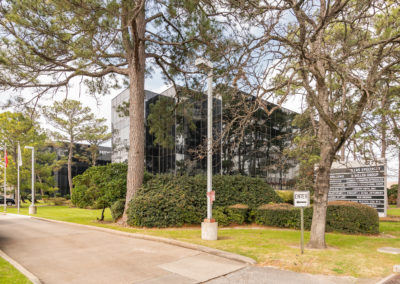You may be familiar with commercial real estate in the traditional sense like malls and storefronts. But, industrial properties are also contained under the umbrella of commercial real estate.
In this article, we will go over the different types of commercial industrial properties. These options will help you explore the various opportunities that exist in the world of commercial real estate.
What is an Industrial Property?
According to Law Insider, the definition of industrial property is a “property used for construction, repair, trade or manufacturing, production, assembly, of finished or partially finished products from raw materials or fabricated parts”. You may be thinking that this definition is long, and we agree! This is why we created this article to elaborate on these types of commercial properties.
While talking about industrial properties, we are also discussing commercial industrial properties. Using the word commercial here suggests that the properties aren’t residences.
What is Industrial Real Estate?
The term industrial real estate refers to any land or property that can sustain industrial activities.
Some industrial real estate examples are manufacturing factories, logistics centers, and distribution facilities.
What are the Types of Industrial Properties?
There are many different types of industrial properties, but we will focus on the top five you may choose to invest in.
1. Distribution Warehouses
This type of commercial industrial property has gotten extremely popular in the new age of online shopping and e-commerce (Source). Online websites do not necessarily need storefronts, but they do need centers in which to hold inventory and fill orders.
For instance, one of the powerhouses in this field is Amazon which works off of fulfillment and distribution warehouses. They have a large amount of these properties around the country in order to execute and fill orders for customers as quickly as possible.
These facilities can serve many individual purposes, but they all hinge on getting used for the distribution of goods.
Distribution warehouses are a great choice for industrial real estate investments. They are becoming more in demand thanks to a large rise in e-commerce facility needs. These spaces are also gaining quite a competitive edge, so if you are interested you should act sooner rather than later.
2. Manufacturing Facilities
Factories may be the first thing that comes to mind when thinking about commercial industrial properties. But did you know that manufacturing facilities come in all different shapes and sizes?
From Tesla’s Gigafactory to a simple sewing facility, these buildings are all the same type of industrial buildings. Those areas themselves do not change when you purchase an industrial building.
Instead, the differences between heavy and light manufacturing come from the machinery and customizations the companies themselves make to the area, to fit their needs.
3. Storage Warehouses
Another type of industrial property is a storage warehouse. Many companies find themselves needing more room for inventory and don’t want their extra stock on-site with their fulfillment processes.
To simplify their spaces, these companies may choose to place their products in warehouses that are set aside for storage, such as a general-purpose warehouse (Source). These bare-bones buildings serve a variety of reasons and can get customized to serve the lessee’s needs for the extra space.
General storage warehouses are a great option for investment because of the long-term nature of their storage needs. At this level of growth, companies that need spaces like this are generally well-established in their fields.
4. Flex Space Buildings
A commonly overlooked type of industrial property is a flex space. These are buildings that are industrial in nature, at least partly. They might also feature portions of the building to be used for sales. Other uses may include behind-the-scenes office spaces, such as management or accounting.
These spaces provide flexible design options for businesses leasing the shop (Source). Rather than using a one size fits all approach, flex industrial real estate allows companies to arrange their space the way they’d like.
Investing in these will likely gain you a tenant that is less likely to want a shorter lease because of the level of customization. This makes flex industrial real estate spaces a great option for investment.
5. Showrooms
You might not think of a showroom as an industrial property, but, they do fit the bill! Showrooms, like car dealerships, are great spaces in the world of industrial real estate.
Let’s examine the car dealership example to fully explain how showrooms are flex spaces. They have office space, warehouse space, and a showroom ground that together create a cohesive and functional rental space for a company.
Many dealerships will have a more industrial component to them, where they offer repairs and mechanic services in addition to basic car sales and office needs.
Conclusion
There is a wide variety of choices to consider when looking for an industrial and commercial real estate space to make an investment in. These are just five of the most common types of commercial industrial properties that you will find on the market.
In fact, Belvoir has a wide range of properties available for lease today in case you would like to start your investment journey today!
We hope that we have simplified this topic for you and have helped you narrow down your interests in industrial properties. If you are interested, Belvoir Real Estate Group specializes in commercial property investments and is here to help.
Learn more and set up an appointment with Belvoir today!
